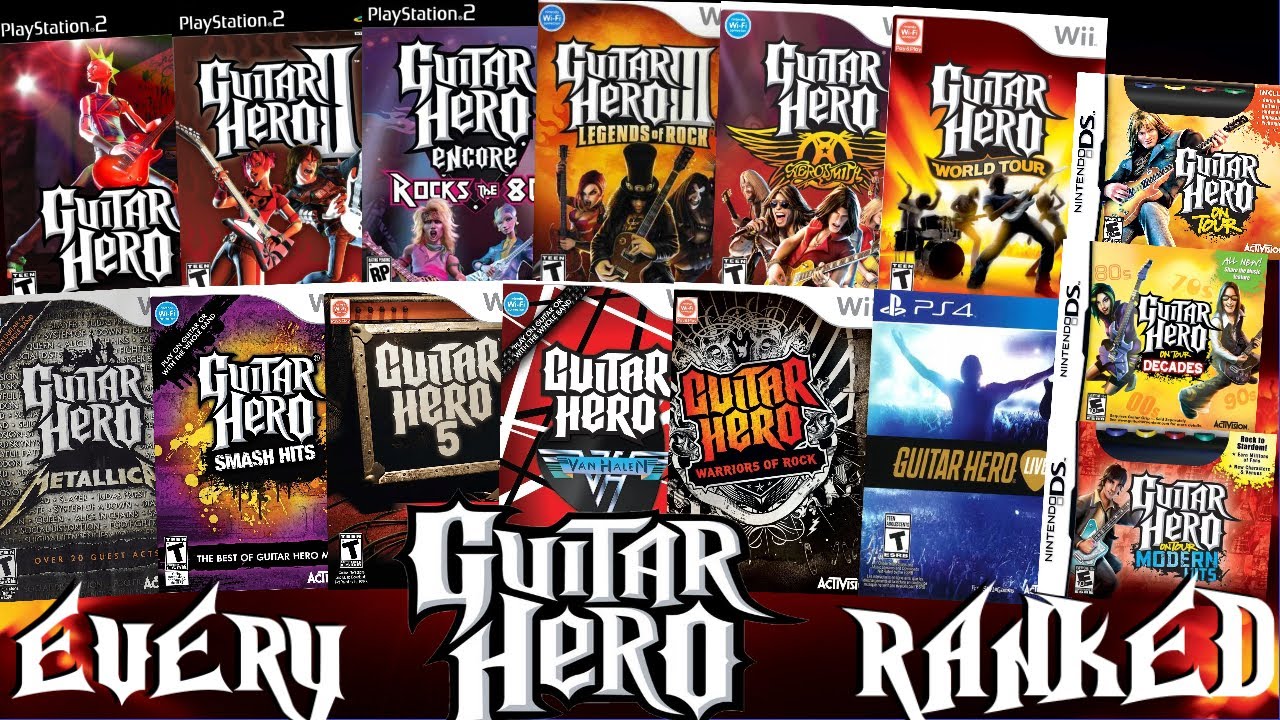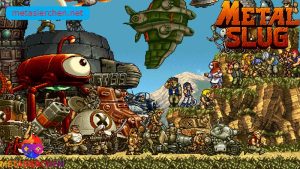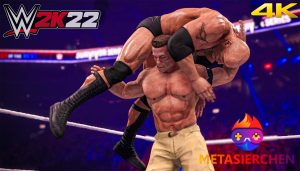Perkenalan
The world of video games has witnessed a multitude of innovations and trends over the years, but few have made as significant an impact as the Guitar Hero series. Released on the PlayStation 2 in 2005, Guitar Hero introduced players to a new way of experiencing music through gameplay. This article will delve into the fascinating history and evolution of PlayStation’s Guitar Hero, from its inception to its legacy in the gaming world.
The Birth of Guitar Hero
Guitar Hero was the brainchild of video game developer Harmonix Music Systems and publisher RedOctane. The game was initially developed for the PlayStation 2 and was released in November 2005. It allowed players to step into the shoes of a rock guitarist, complete with a guitar-shaped controller.
The gameplay was simple yet addictive: colored notes flowed down the screen, and players had to hit the corresponding fret buttons on the guitar controller while strumming in time with the music. The game featured a stellar tracklist of classic rock songs that players could perform, from “Smoke on the Water” by Deep Purple to “More Than a Feeling” by Boston.
The Rise to Popularity
Guitar Hero quickly became a sensation and a party favorite. Its accessibility and the feeling of rocking out on a virtual stage struck a chord with gamers and music enthusiasts alike. The game’s multiplayer mode allowed friends to compete or collaborate in epic guitar battles, adding to its social appeal.
As the franchise grew, subsequent releases introduced new features like additional instruments (drums and vocals), expanded tracklists, and more realistic guitar controllers. Guitar Hero II, III, and World Tour expanded the series, solidifying its status as a cultural phenomenon.
Competition and Innovation
Guitar Hero’s success led to competition within the rhythm game genre, most notably from Rock Band, which introduced a full band experience with guitar, bass, drums, and vocals. This rivalry pushed both franchises to innovate continually, delivering improved gameplay experiences and extensive song libraries.
PlayStation platforms, including the PlayStation 2, PlayStation 3, and PlayStation 4, were instrumental in delivering the Guitar Hero experience to a broad audience. PlayStation 2, in particular, played a crucial role in introducing gamers to the concept of rhythm-based music gameplay.
The Guitar Hero Controller
One of the defining features of Guitar Hero was its unique controller. The guitar-shaped controller featured a strum bar, fret buttons, and a whammy bar. Players used these elements to interact with the game’s note highway, which displayed the upcoming notes they needed to hit.
The tactile feel of the controller, along with the satisfying click of the fret buttons and the exaggerated rock star poses players could adopt, contributed to the immersive experience. The guitar controller became iconic, and many players fondly remember the first time they picked it up to play “Bark at the Moon” on Expert difficulty.
The Expanding Tracklist
One of the keys to Guitar Hero’s success was its diverse and appealing tracklist. Each installment featured a mix of classic rock anthems, contemporary hits, and hidden gems. Licensing deals with renowned artists allowed the franchise to secure songs from iconic bands like Led Zeppelin, The Rolling Stones, and Metallica.
The ability to play legendary tracks from various eras and genres contributed to the game’s widespread appeal. Players could feel like rock gods by shredding through “Through the Fire and Flames” by DragonForce or belt out “Bohemian Rhapsody” by Queen.
Guitar Hero and Music Education
While Guitar Hero was primarily designed for entertainment, it inadvertently served as a gateway to music education for many players. The game introduced players to basic music concepts such as rhythm, timing, and hand-eye coordination. As players progressed through the game’s difficulty levels, they developed valuable skills that could be applied to real musical instruments.
The success of Guitar Hero also led to an interest in learning to play the guitar among players who were inspired by their virtual rock star experiences. This phenomenon showcased the power of video games as tools for introducing people to new interests and hobbies.
The Downfall and Hiatus
Despite its early success, the Guitar Hero franchise faced challenges as it expanded rapidly. The market became saturated with Guitar Hero titles and spin-offs, leading to franchise fatigue among players. In addition, the cost of manufacturing the elaborate instrument controllers contributed to financial strain.
As a result, the This game series went on hiatus in 2011. Activision, the publisher, decided to take a break from releasing new titles in the series and focused on other projects. During this period, other rhythm games like Rocksmith, which used real guitars for gameplay, emerged as alternatives.
Revival and Legacy
The Guitar Hero franchise saw a revival in 2015 with the release of Guitar Hero Live. This installment introduced a new guitar controller design and a first-person perspective, giving players the sensation of performing on stage in front of a virtual audience.
While This game Live received positive reviews for its innovation, it wasn’t able to recapture the same level of success as its predecessors. Nevertheless, the legacy of the franchise endures, and many fans fondly remember their time spent rocking out to their favorite tunes.
The Future of Guitar Hero
As of my last knowledge update in September 2021, the future of Guitar Hero remained uncertain. The franchise has had its ups and downs, and its revival attempts have faced challenges in a changing gaming landscape. However, the love for rhythm-based music games and the nostalgia associated with Guitar Hero continue to keep hope alive for a potential return in the future.
In conclusion, Guitar Hero was a groundbreaking series that changed the way people interacted with music in video games. It became a cultural phenomenon, bringing friends and families together to rock out in their living rooms. While the franchise faced challenges and went on hiatus, its legacy lives on in the hearts of gamers who remember the thrill of becoming a virtual rock star, one note at a time. Whether or not Guitar Hero makes a triumphant return, it will forever hold a special place in gaming history.



